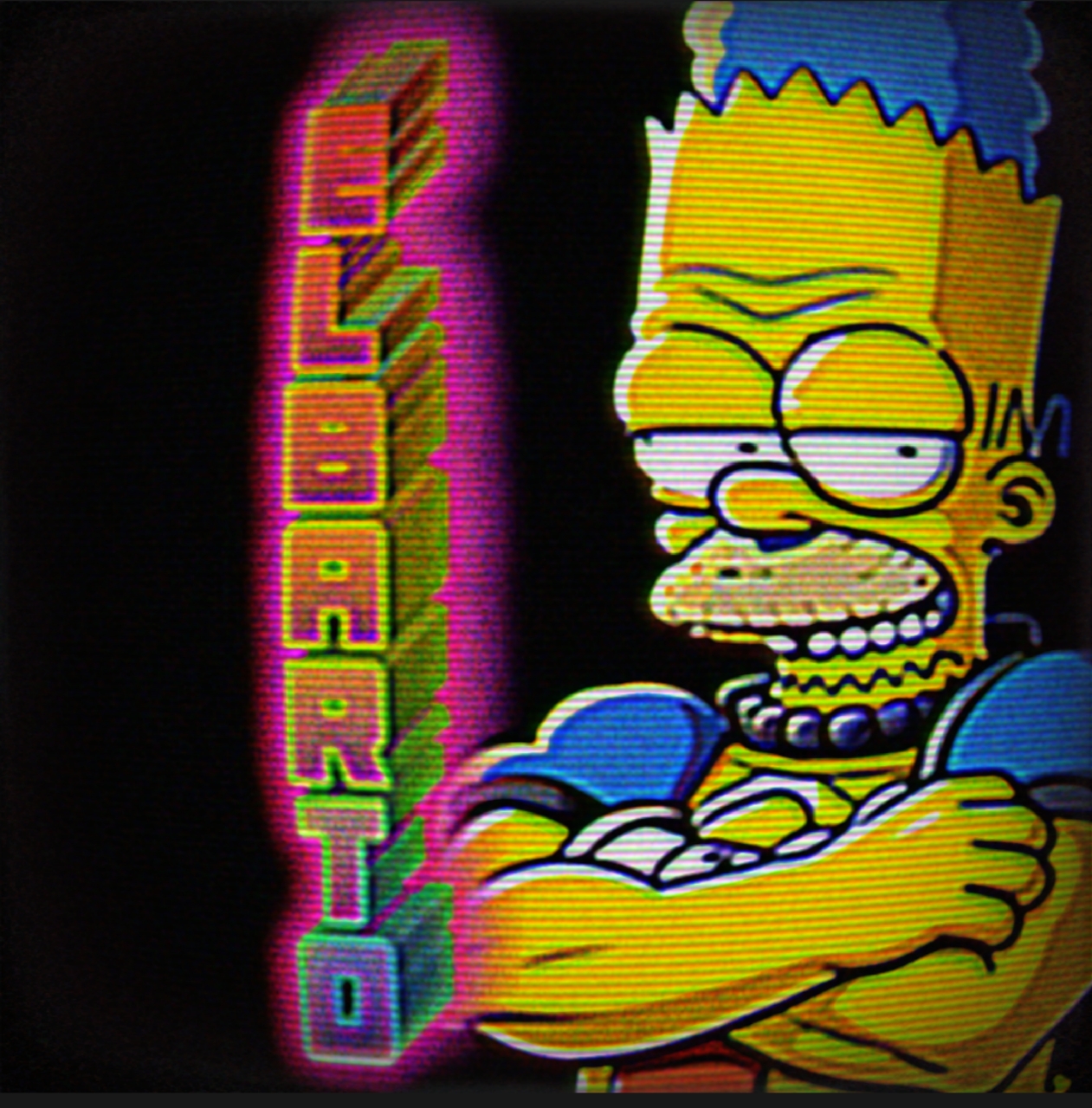Wait, hold on, a fairly accurate map instead of just countries?
Who’s the linguistics nerd that wanted to make a point about peace and empathy and the absolutely tragic loss of human life, but couldn’t resisit also making a little bit of a point about language diversity? Whoever you are, I see you.
It’s a lot better than most such maps, but still, there’s way too many languages missing in my opinion :)
I did say “a little bit of a point”.
That’s the problem with giving it a fair shake, I suppose. You end up with nitpicking the remainder instead. It’s a natural impulse.
Yes, you’re right of course, but HOW COULD THEY EVEN MISS FRISIAN WHEN THEY EVEN INCLUDED SAMI pounds fist
:P
These often way overrepresent minority language in my experience
As opposed to? I mean, yeah, a lot of the places marked here are bilingual and share a language with the surrounding environment, but it’s not like Spanish, Romanian or English aren’t captured here.
“vrede”, which means “peace” in Dutch, means “anger” in Danish (probably not pronounced the same way, but the spelling is the same.)
In English phonetics it’s pronounced vrayduh
Fred
Fuck Fred, that guy is an asshole.
Heh, Fred.
Why yes, the name Frederick literally comes from the Germanic words frid (peace) and ric (ruler)
So the guy who conquered Silesia and half of Poland and made Prussia a Great Power was named ‘King of Peace’?
Peace by crushing all opponents. There’s Manga like that.
The Sith will never bring peace!
The Finnish word on the map is in the partitive case, the base form is “rauha” with just one “a” at the end.
TIL the USSR named their space station “peace”
IIRC it also means “world”.
So… “world peace” is just…? Google returns a phrase that it translates back into “peace in everything,” but the word does repeat in that phrase. I’m sure it’s a contextual thing and I know some things just don’t carry over between languages, but now I’m interested in how Russian works.
i’m maltese. they cut us out of the map! We say “paci”. pronosonced like “paa-chi”
F R E D
All I want is some damn Fred and quiet.
“Fred og ro” in Danish
Sounds like a drunk trying to order a fried egg roll.
That sounds about right.
The Russian Mir is thought to come from the same proto Indo European root as the English “mild”.
P O K Ó J 💀
The Dutch ”vrede” would translate to ”wrath” in Swedish. Just fyi
I speak both languages fluently but I never noticed, lol
Of course the Germans have the longest spelling. Why use four letters when you can use sixteen?
Use Friede and you already save one letter though it might carry religious overtones. Writing Fride might be ambiguous in spelling but as there’s no “Fridde” it’s not actually a problem. In any case the root is “Fried” (and yes belfries might have gotten their name from there) and you can be sure both Frieden and Friede are pronounced like that somewhere (over here it’s Friedn and Friede), and as German spelling doesn’t (officially) use apostrophes all over the place when spelling out contractions and everything writing Frid would be highly non-standard, but you’d definitely get away with it in a poem. Just don’t show it to someone who studied Germanistik auf Lehramt.
Of course the English have the longest spelling. Why write “paz” or “pau” or “pís” when you can add two more letters? Even French did not fuck it up as much.
Pretty sure all the green ones are pronounced “Freed” rather than “Fred”. The German one definitely is, the rule in German with “ie” or “ei” is that you pronounce the second letter, so “Frieden” is pronounced “Freeden”. I think this is suprising close to “Freedom”.
German here. An ‘ie’ means the ‘i’ is streatched. So ‘Frieden’ is pronounced more like “Friden” with long ‘i’.
So ‘Freitag’ is pronounced ‘free-tag’?
I was taught ‘ie’ = ‘eeee’, and ‘ei’ = ‘eye’. For an English speaker, you pronounce the name of the second letter.
When checking Google translate with audio, they pronounce ‘Frieden’ as ‘Free-den’.
If there are exceptions to that rule I’d genuinely like to hear them.
Fun fact. Both of you are right. Just that the German i is pronounced the same way as an English e.
So the rule of your teacher is right for English people but its just the opposite for us Germans. That explains bluekeys answer.
A German i is pronounced like the first e in the word English. The ie is the same but longer. So Frieden is like freeden. And ei is indeed like eye.
Yeah even decades later my brain still freezes when I say eagle in English because Igel is hedgehog in German and pronounced the same.









